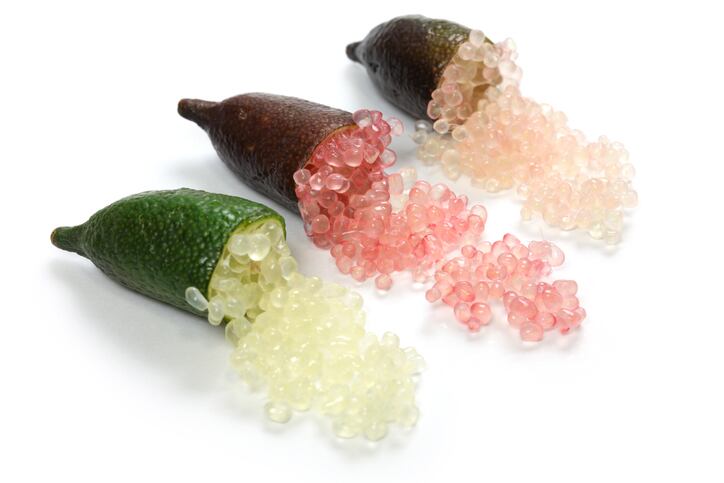“Ten years ago I decided I wanted to start my own company and add value to superfruits because they have so many virtues," CEO and founder of Lyon-based start-up Jos de Koning said. "I researched the subject and found that sea buckthorn is one of the most powerful superfruits but that gets the least amount of attention.”
The sour-tasting sea buckthorn berry grows on a thorny and hardy shrub on coastlines. With 30 times more vitamin C than an orange, as well as around 17 amino acids, 14 fatty acids, seven sterols and 24 trace elements, it is a true superfood, says the company.
In addition to being used by the cosmetics and nutrition industries, the high antioxidant content of the berry makes it a one-for-one replacement for certain preservative E-numbers, such as benzoates, ascorbates and rosemary-based antioxidants.

“At the time [of starting the company], there were much fewer clean label preservatives apart from rosemary and my view was to create real, natural ingredients and not semi-natural ingredients – although that is a philosophical debate,” he added.
“Rosemary, for example, is still an extract and you still need to declare it as an extract. Sea buckthorn isn’t - it can be listed simply as sea buckthorn or sea buckthorn powder.
“Rosemary also affects taste. So if you don’t want to have an Italian-tasting herb in your product then you will have an issue. Sea buckthorn has an acidic taste but it is used in such small quantities that there is no impact on the final flavour.”
The orange berry can also remove nitrates from an ingredients list, although de Koning said manufacturers would need to add a colour to replace the red colouring function that nitrates also have.
Meat and chocolate applications
The whole sea buckthorn berry can be used, including the leaves, skin, juice, pulp and seeds. Superfruiticals sources from certified organic suppliers in China, where de Konig has identified one particular variety with the required functional properties.
The applications are not limited to meat products. The start-up also supplies to a chocolatier who adds it to the ganache filling of “an organic Bounty-style bar” as it prevents the coconut oil from becoming rancid. “The shelf life goes from three to six months with the buckthorn,” he said.
De Koning spoke to FoodNavigator at the ISARA French FoodTech event in Lyon this week where, along with other start-ups, the incubator set up meetings with established companies to foster business connections.
Although Superfruiticals is based in France, most of its network of customers is with B2B companies in Northern Europe – hence de Koning’s interest in attending.
“The biggest challenge so far has been that the plant is not well known – that always makes it harder to sell.” The food industry tends to be quite ‘fashion-dependent’, de Koning said, adding: “Sea buckthorn is not very fashionable –yet.”
“I would like to increase sales into more mainstream customers. The sea buckthorn goes into meat products but for the moment I only work with small organic meat producers that are very passionate and make top quality products.”
These include premium meat processors Hanegal in Denmark, Native Breeds in the UK, Netherlands, Taylor & Jones in Sweden and Dutch ingredient supplier Dalco.
R&D focus
With a background in organic chemistry, a lot of de Koning’s work at Superfruiticals is devoted to R&D, which he carries out in partnership with universities.
“I’m always open to co-developing with other companies, either commercially or for R&D.”
Superfruiticals currently produces “several tonnes a year” but could easily scale up to match a rise in demand, de Koning said.
Other superfruits

Superfruiticals also buys the seeds and pomace of cranberries, blackberries and blueberries from juice manufacturers, transforming the residue into oils, powders, cake decorations and nutraceutical ingredients.
He supplies to a cookie start-up based in France that uses dried cranberry ‘petals’ as a decorative topping or the powder as a natural colour that is heat- and shelf-stable.
The start-up also imports native Australian fruit finger limes – known as ‘citrus caviar’ – which it repacks and sells to high-end restaurants.
